The experience of Bilbao shows Scilla Meccanica that the path of change, when pursued with courage and vision, leads to tangible and lasting results.
By Glauco Pigoli
Bilbao: The Power of an Ongoing Urban Transformation That Continues to Inspire Europe
Bilbao is not just a city—it is a living manifesto of urban transformation. A place that has managed to rewrite its identity, evolving from the industrial heart of the Basque Country to a European capital of architectural and urban innovation. In this dynamic and visionary context, Scilla Meccanica is participating in the Subcontratación fair, bringing its contribution to the international manufacturing supply chain.
Until the 1980s, Bilbao was a wounded city, marked by industrial decline and serious environmental issues. The banks of the Nervión River, now animated by museums, parks, and promenades, were once filled with abandoned shipyards, disused plants, and obsolete infrastructure. The air was heavy, the river biologically dead, and the urban landscape dominated by industrial functionality. A productive city, but not a livable one.
The regeneration was no accident. It is the result of a shared plan that combined public investment, political vision, and quality architecture. An urban transformation that has successfully integrated culture, infrastructure, sustainability, and meticulous attention to green spaces: gardens, flowerbeds, pedestrian paths, and tree-lined areas are integral parts of Bilbao’s new urban design.
The most visible symbol is the Guggenheim Museum, designed by Frank Gehry and inaugurated in 1997. With its fluid titanium-clad forms, it sparked a revolution known as the Bilbao Effect: proof that culture and design can regenerate a region.
After Gehry, other renowned names helped reshape Bilbao: César Pelli (Iberdrola Tower), Arata Isozaki (Isozaki Atea Towers), Norman Foster (metro system), Rafael Moneo (Deusto Library), Álvaro Siza (University of the Basque Country’s Paraninfo), Philippe Starck (Azkuna Zentroa), César Azcárate (San Mamés Stadium), IDOM (Bilbao Arena), and Santiago Calatrava (Zubizuri Bridge and “La Paloma” Airport). These projects integrate aesthetics, functionality, and urban identity.
Numerous construction sites testify to the ongoing transformation of the Zorrotzaurre district, based on the masterplan by Zaha Hadid. The opening of the Deusto Canal turned the peninsula into an urban island—a symbol of a Bilbao that once again reinvents itself and never stops looking to the future.
Scilla Meccanica and the Courage to Change: In Bilbao, Change Is Seen, Touched, and Learned
For Scilla Meccanica, a company from Brescia rooted in one of Italy’s most productive regions, being in Bilbao today means much more than attending a trade fair. It means recognizing a deep affinity with a city that, like us, had the courage to look within, transform, and relaunch by focusing on quality, culture, and vision.
Our story, too, begins in a complex context: the province of Brescia, a crossroads of manufacturing, agriculture, and intensive livestock farming—rich in know-how but today marked by environmental and social fragility. For over a decade, Scilla Meccanica has chosen the path of internal transformation, investing in training, organizational culture, certifications, and corporate responsibility. Even in times of recession, we have continued to believe that the future is built by investing, abandoning patterns that belong to the past.
But the context is changing rapidly. Skills are becoming scarce, motivation is declining, and quality of life is deteriorating. In many areas—even in the fertile and productive Po Valley—the air is unbreathable, diseases are on the rise, and the social fabric is unraveling. Courage is needed.
The courage that Bilbao has shown. Through political vision, urban planning, and a strong public-private alliance, the city has regenerated its social, environmental, and cultural fabric. It has demonstrated that the enormous challenges of the past can give rise to a virtuous process of change.
And while Spain now leads economic growth in Europe, some Italian regions remain trapped in outdated production models. We, too, need a great transformation plan—one that restores meaning to work, beauty to places, and dignity to enterprise.
Scilla Meccanica in Bilbao is a choice consistent with this vision. It is a bridge between two industrial stories that chose regeneration. It proves that we can grow without giving up, innovate without losing ourselves, and contribute to the future while remaining true to our values.
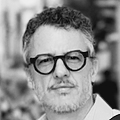
Glauco Pigoli
architect - project manager









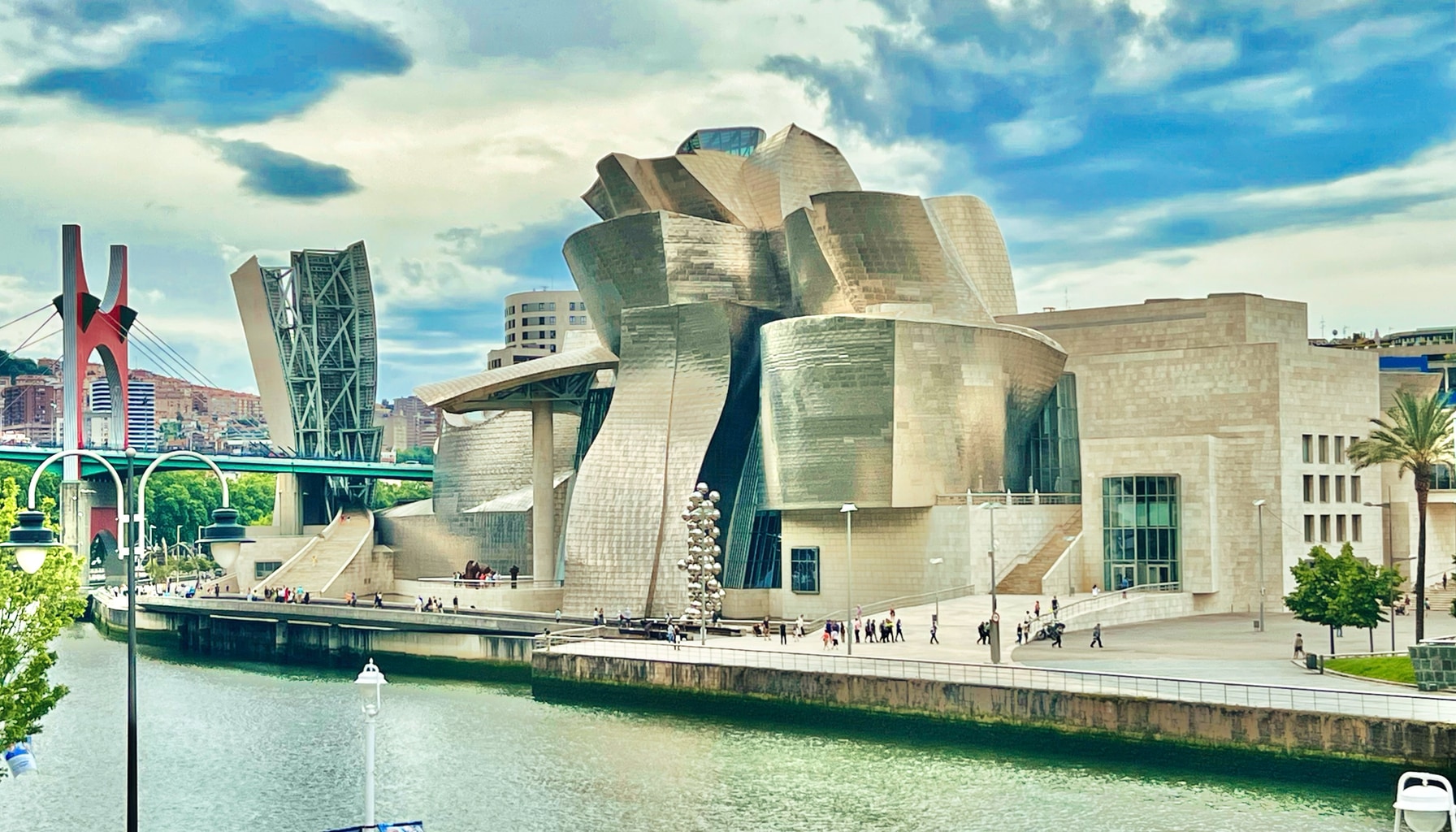
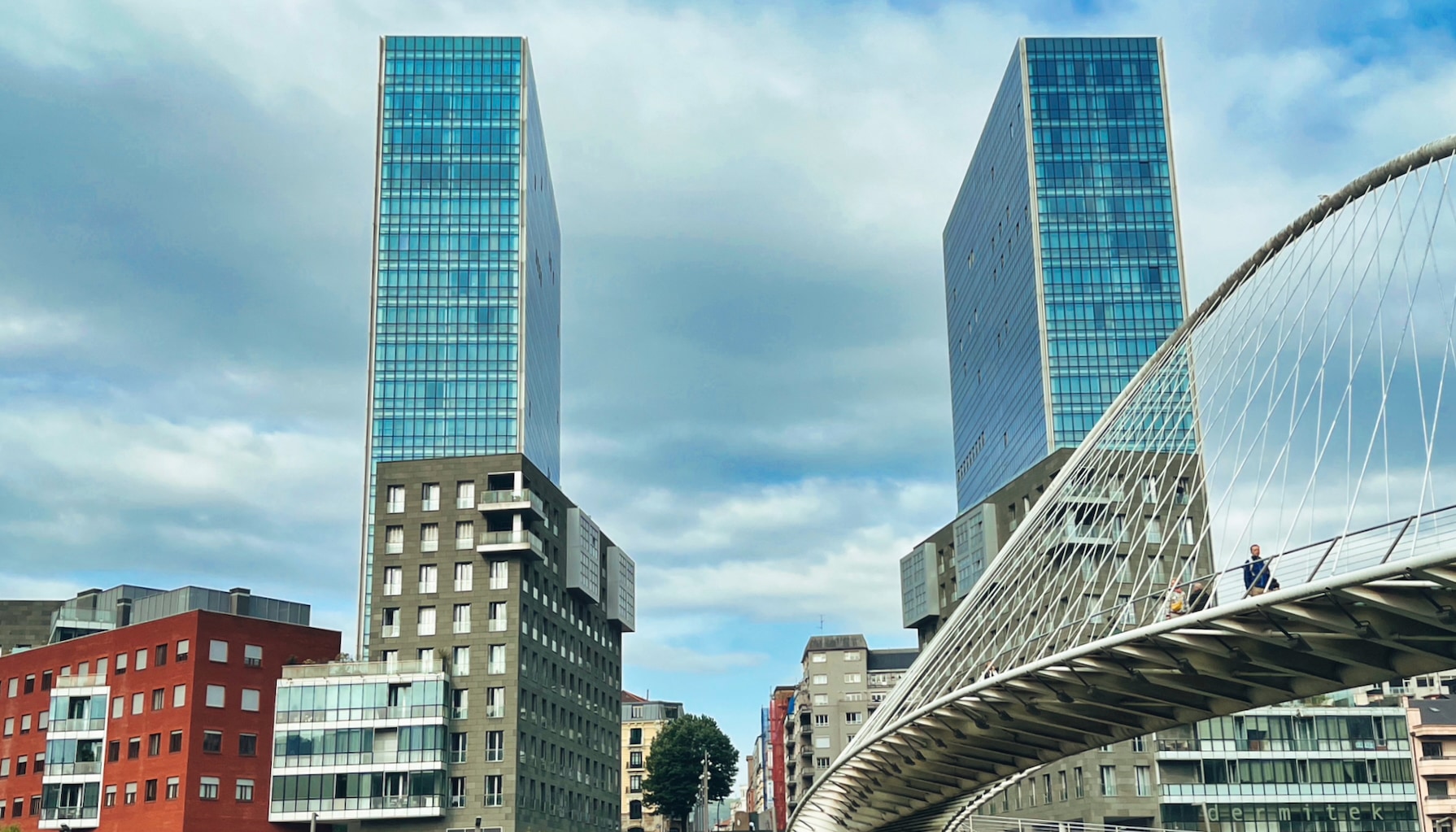
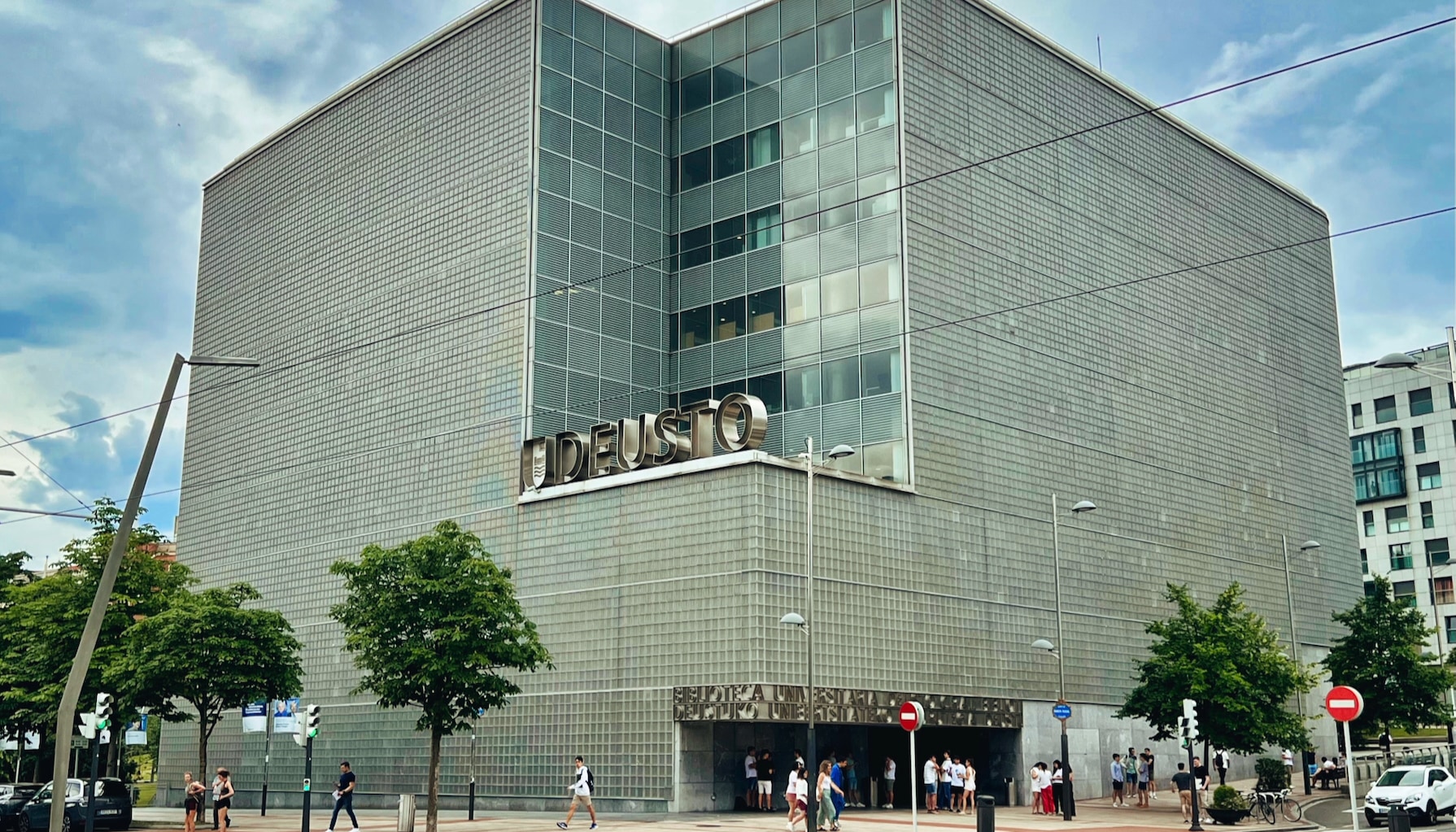
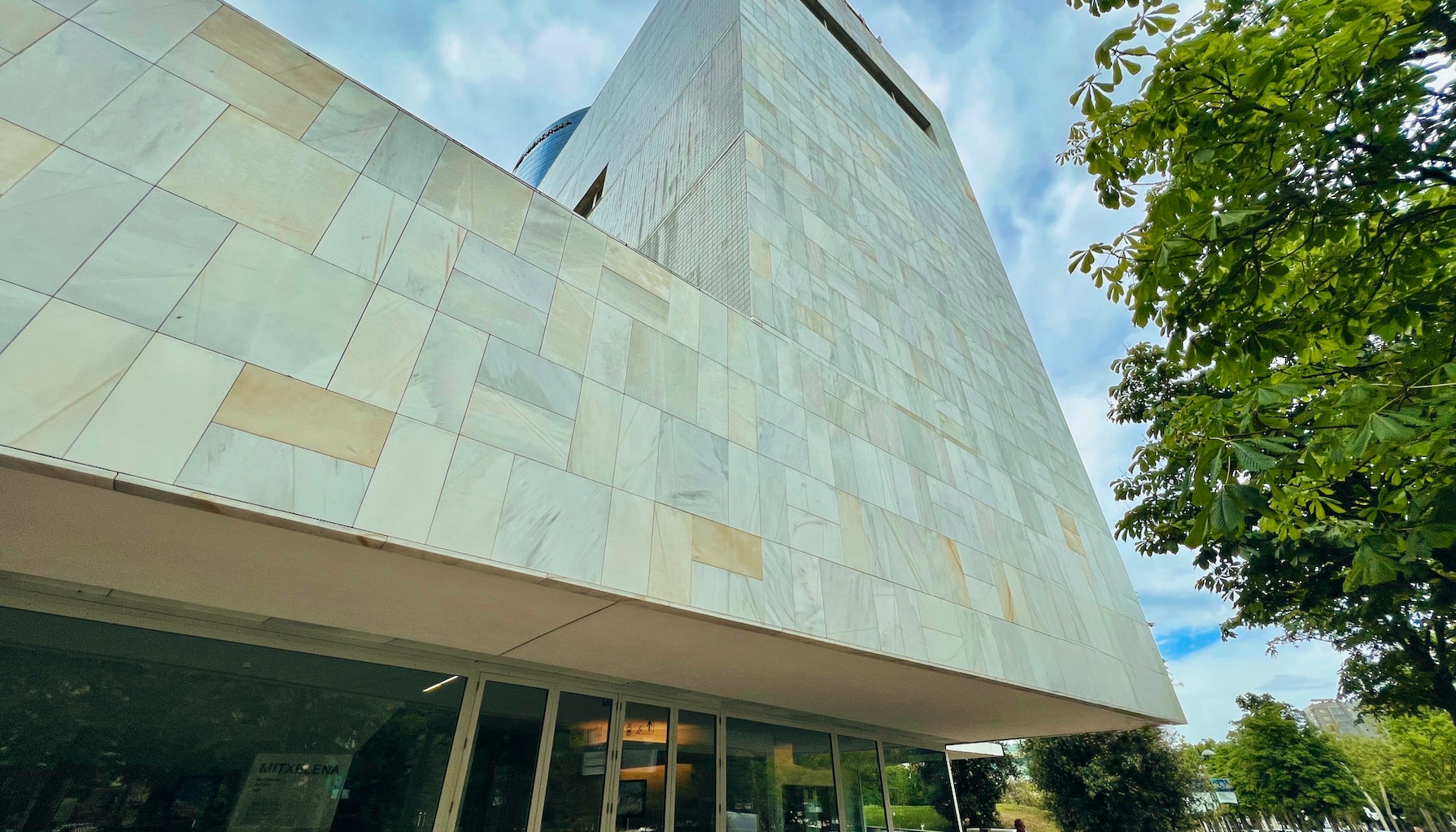
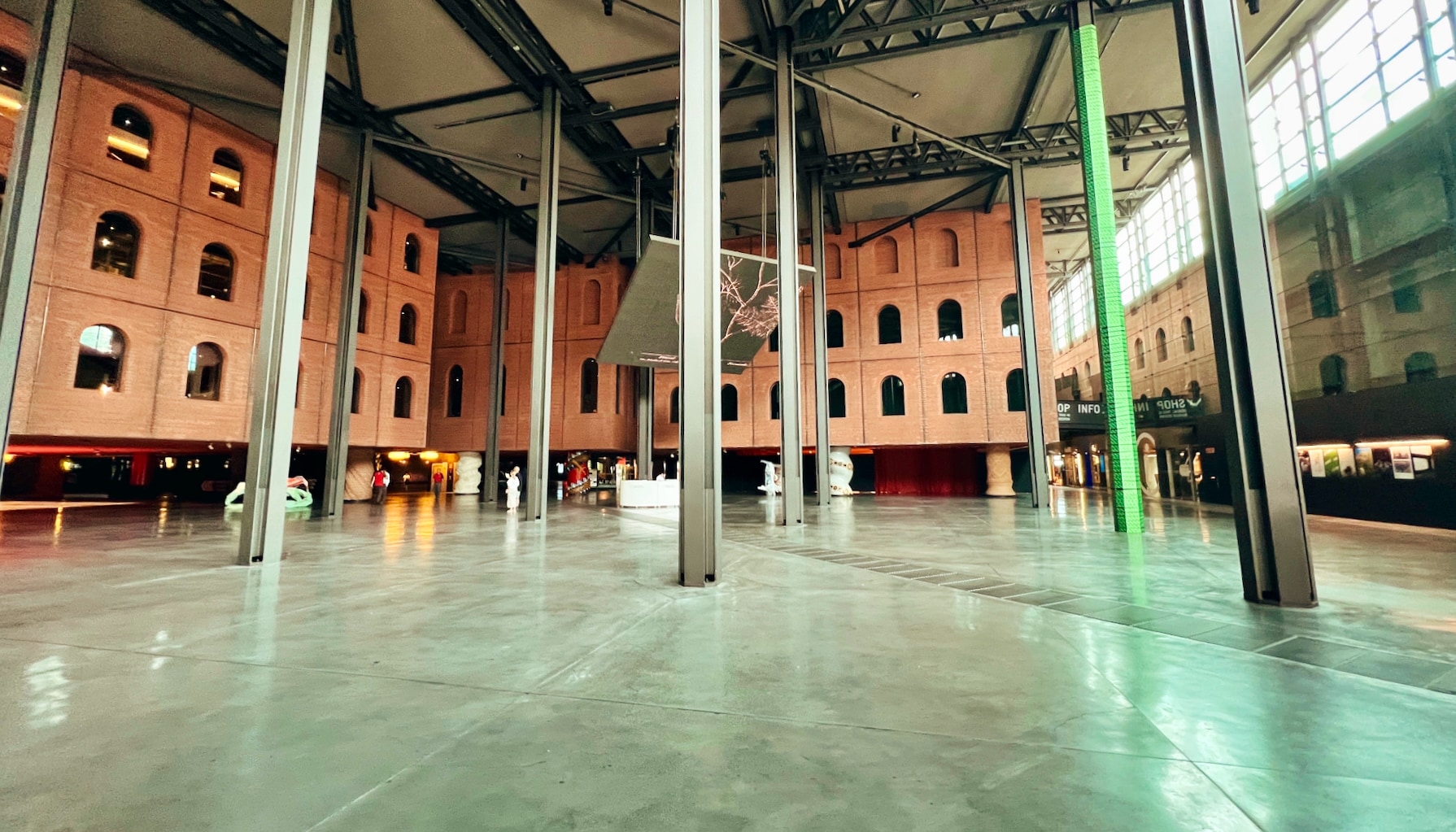
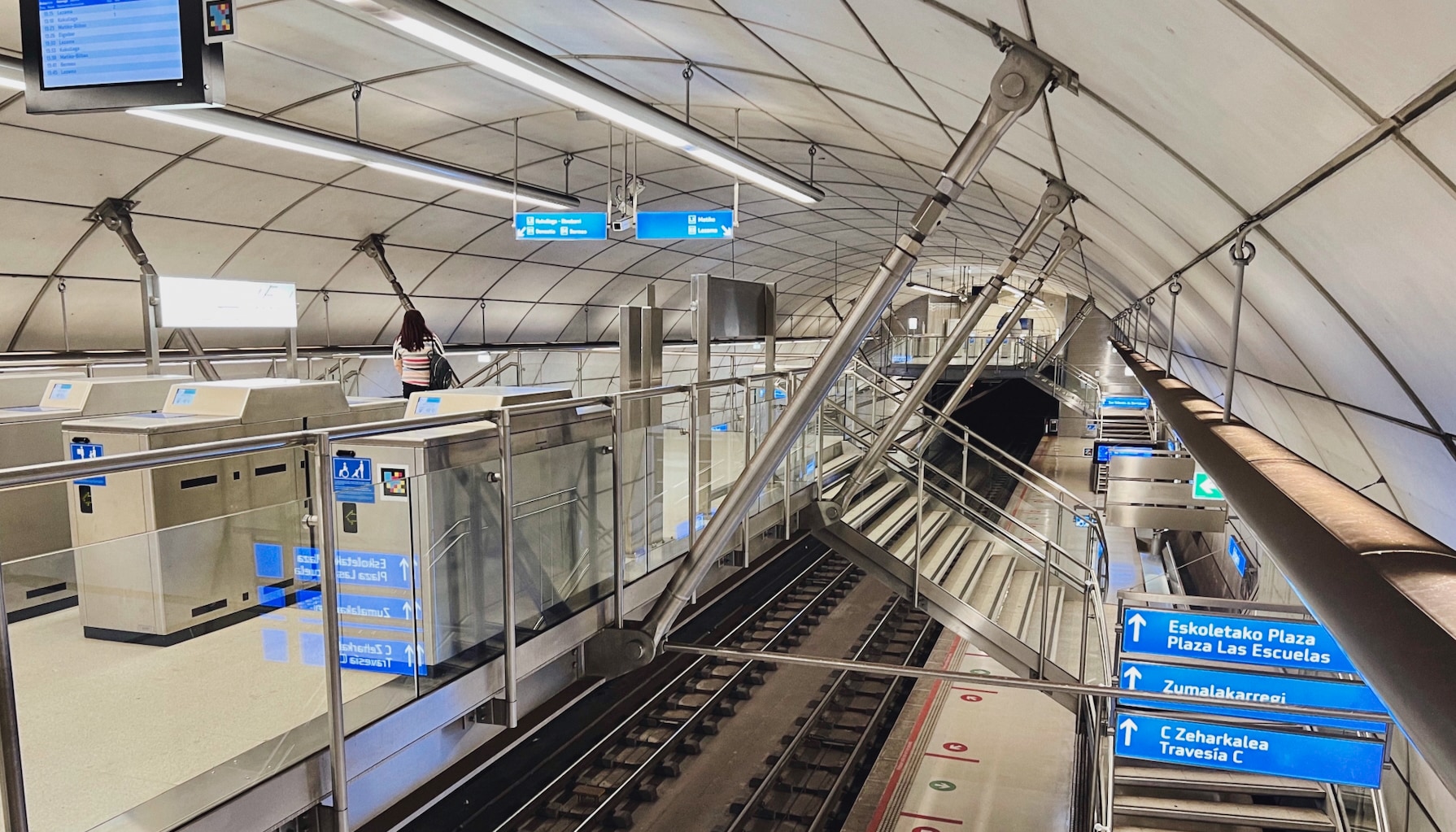
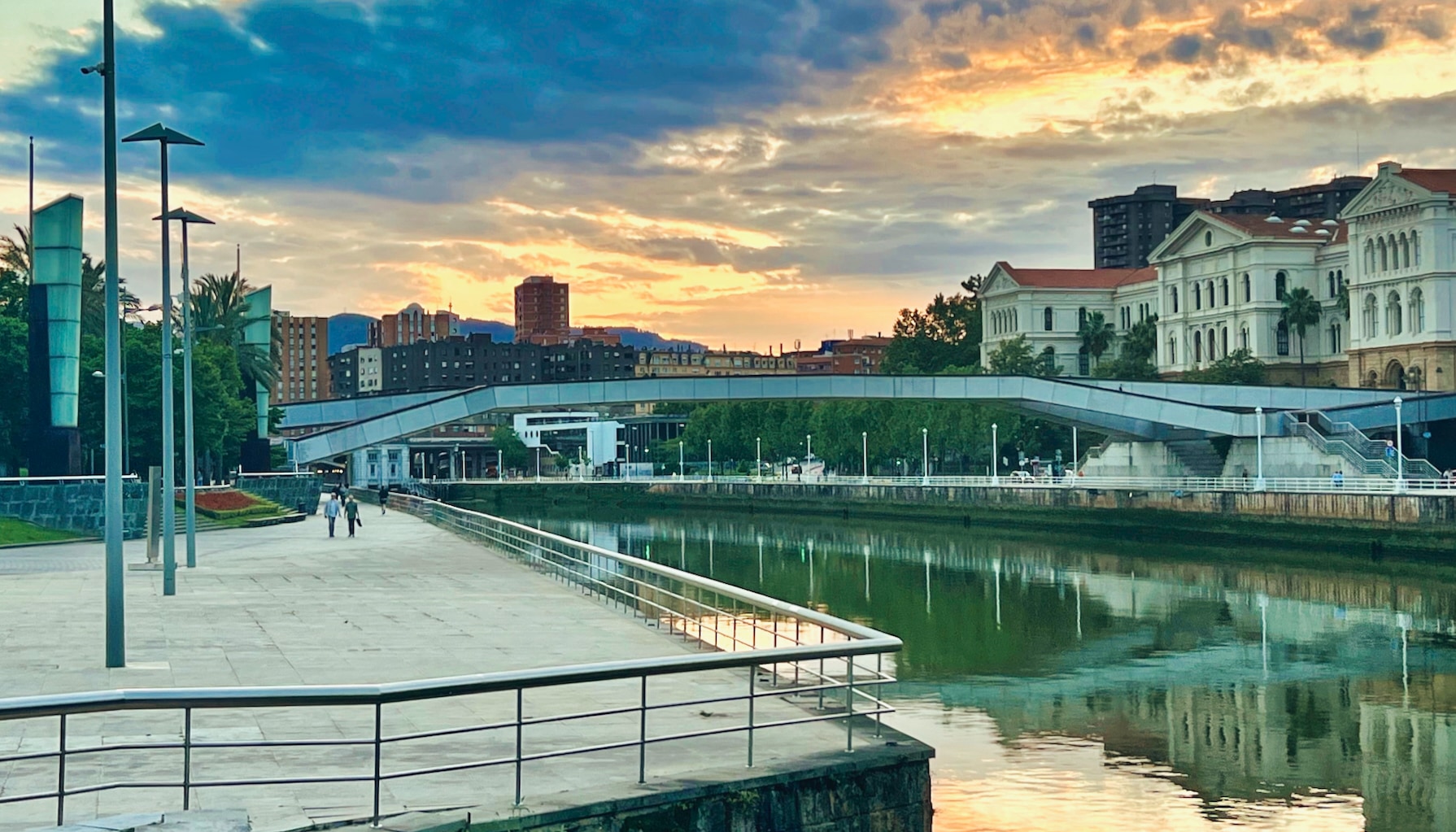
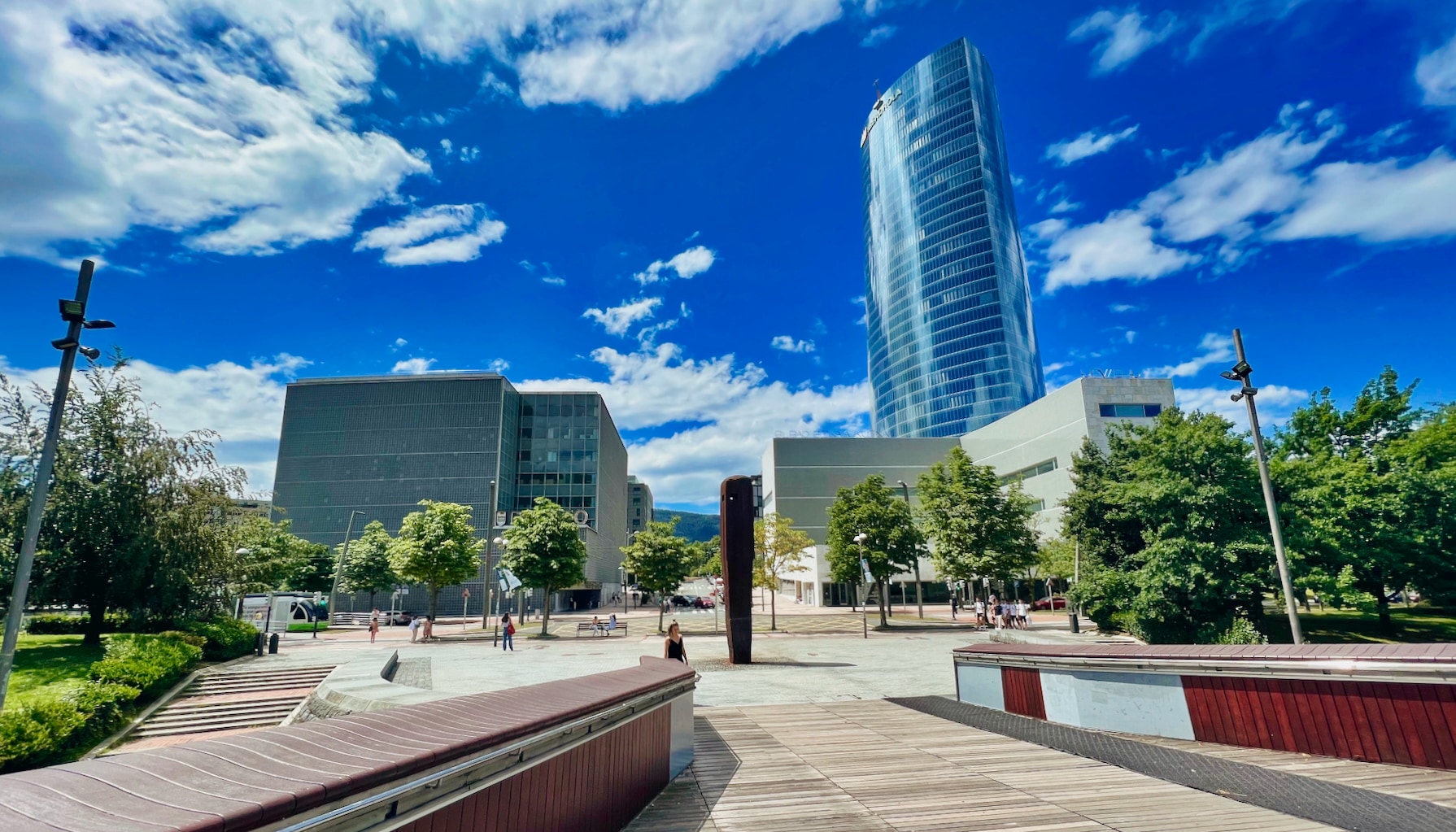
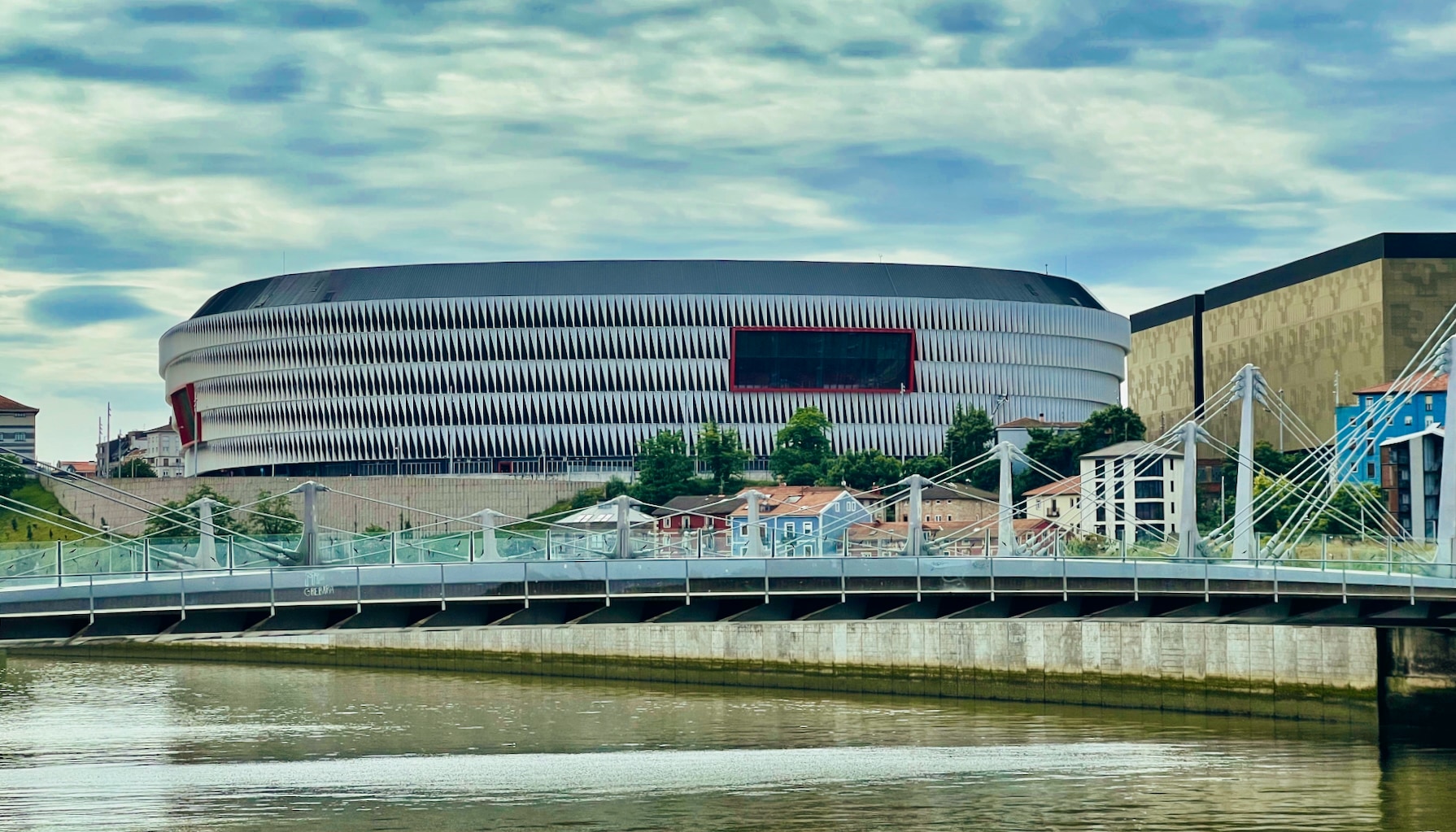
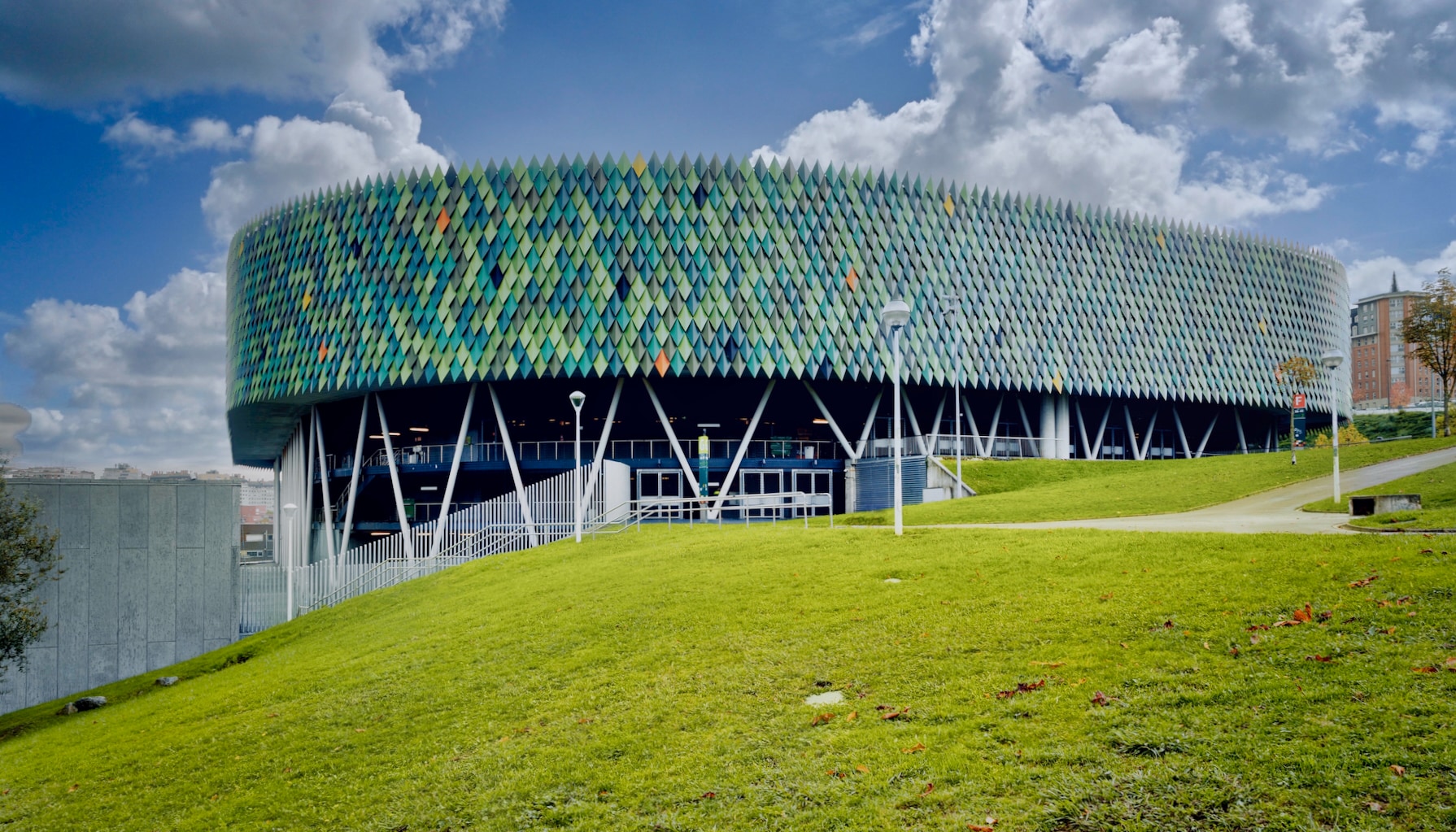
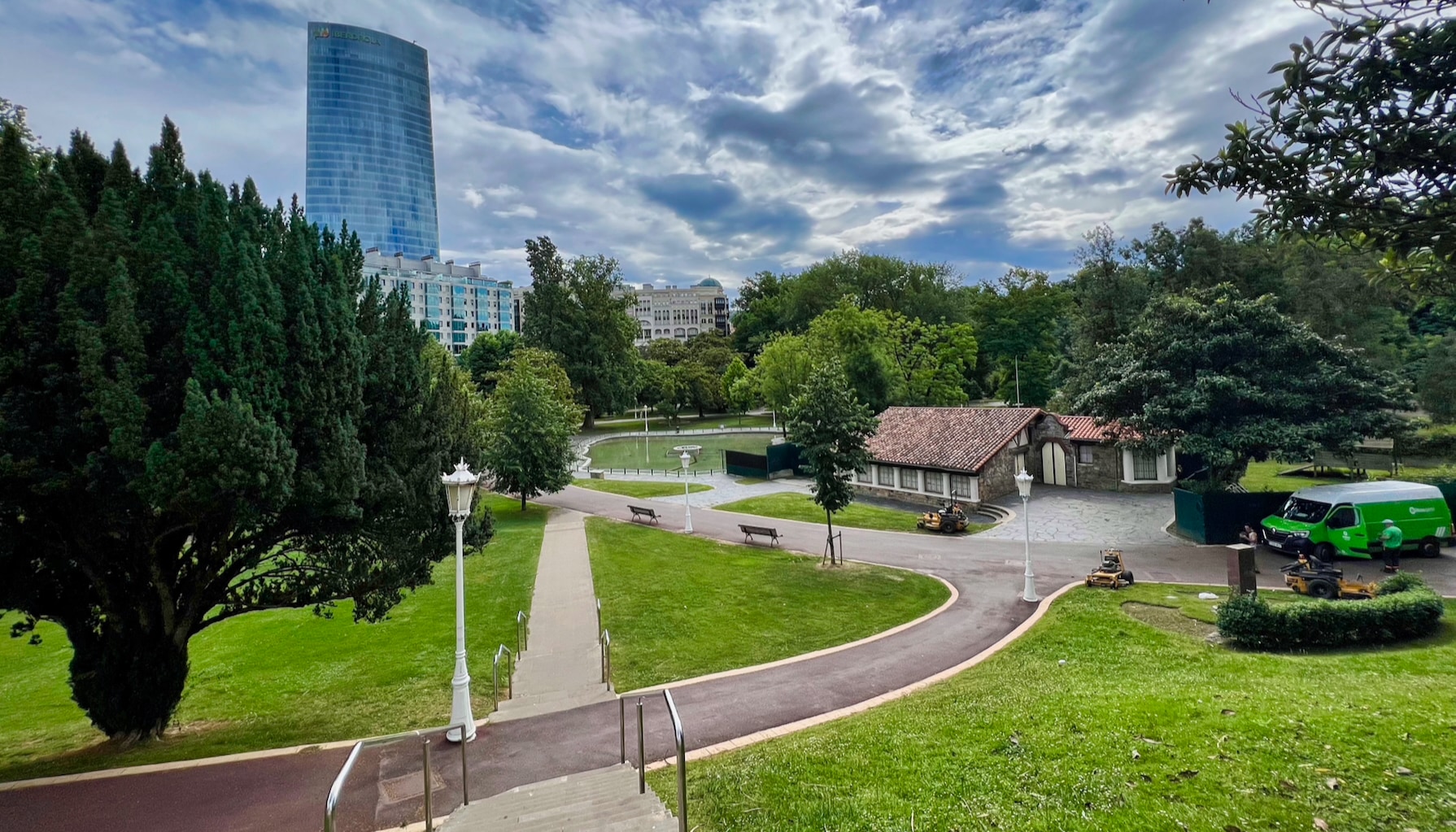
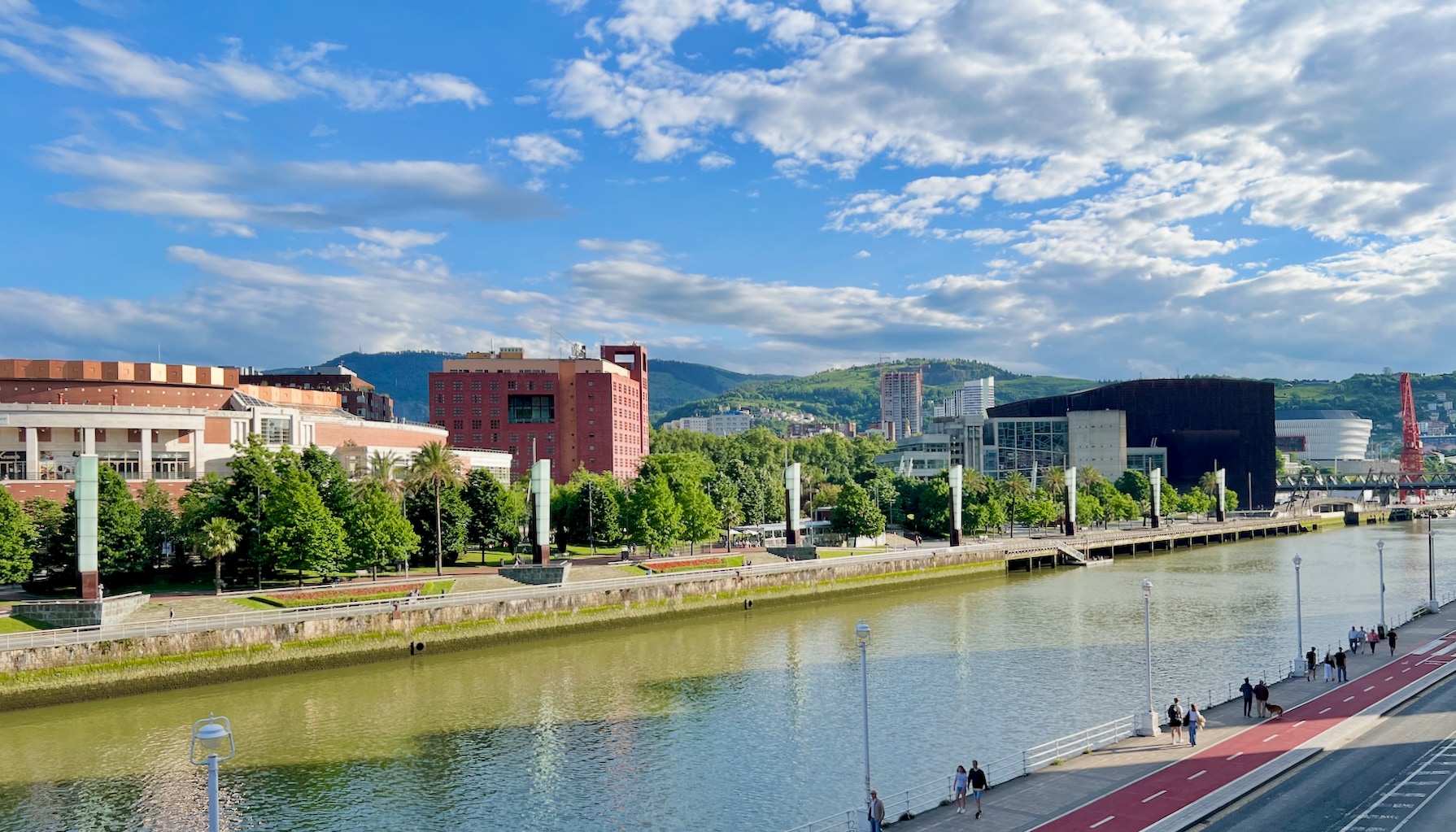
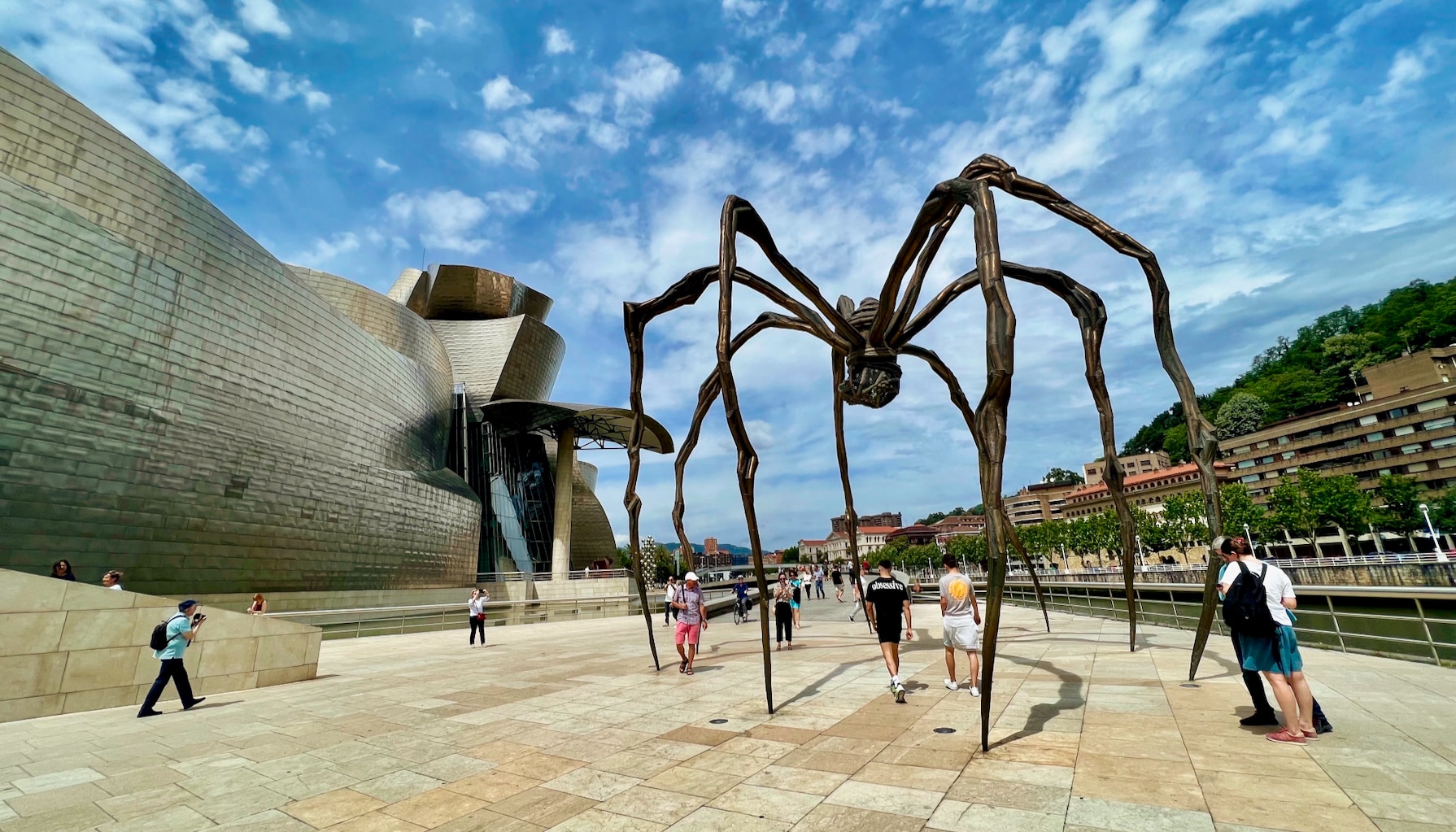
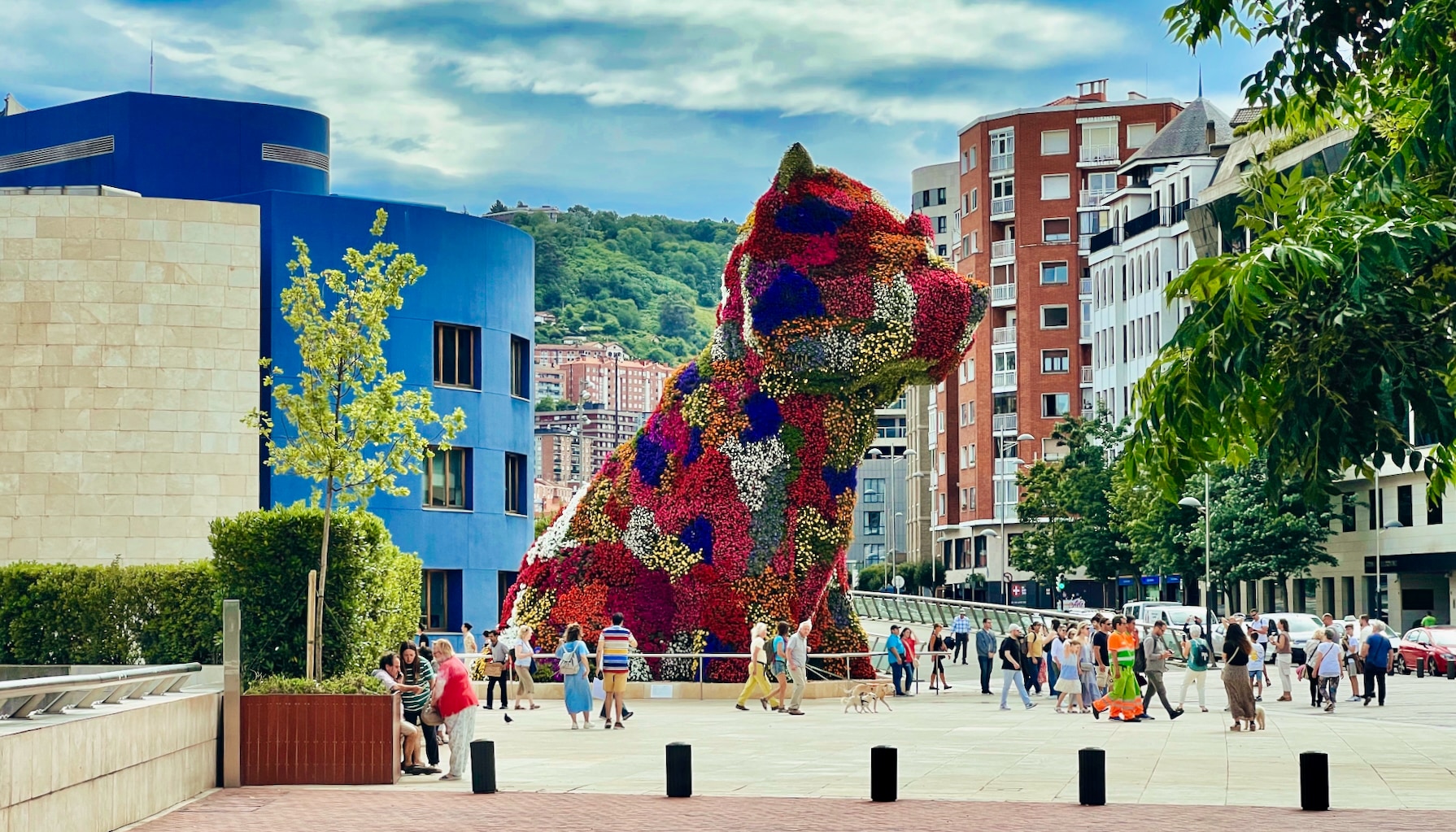
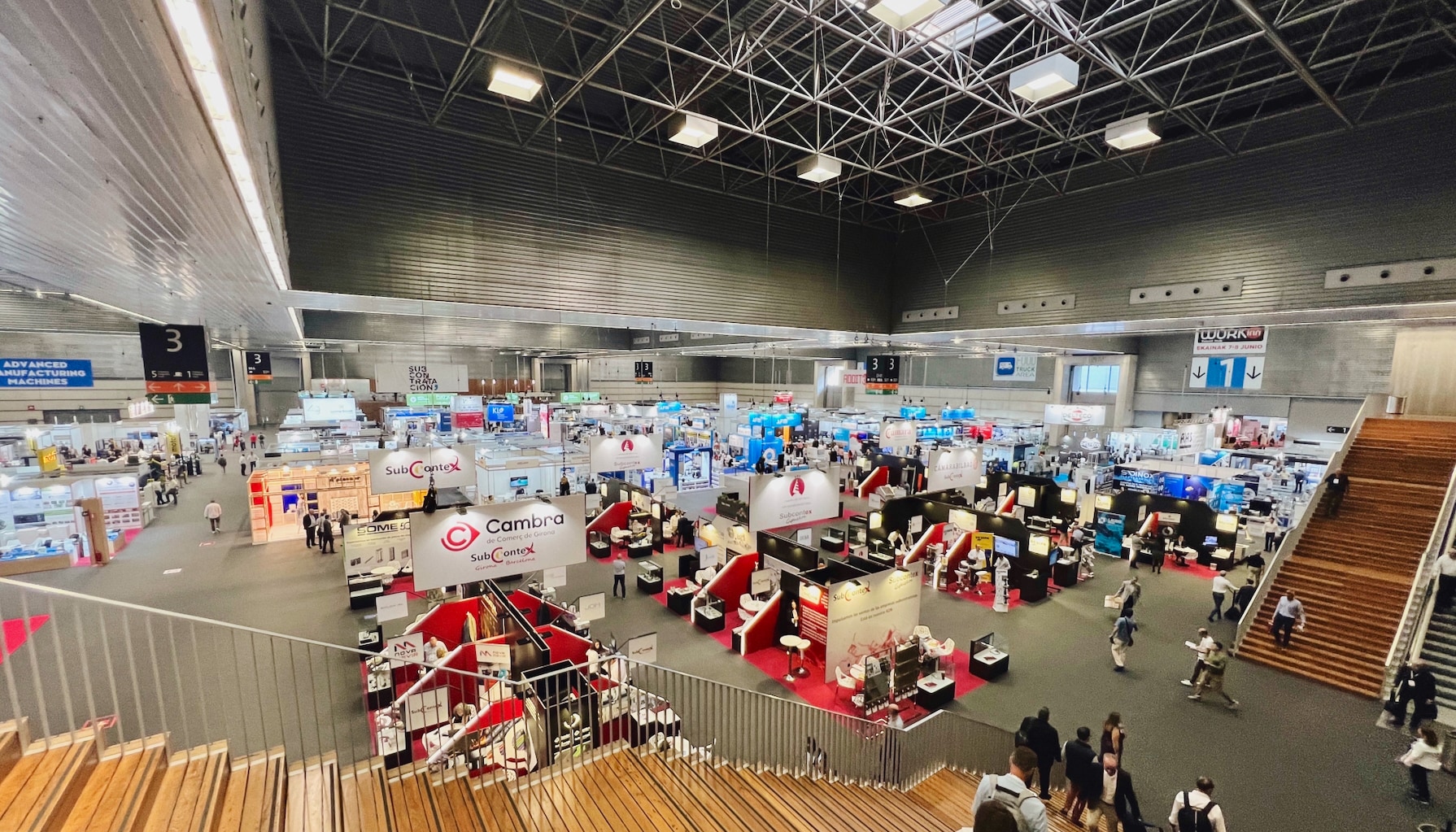
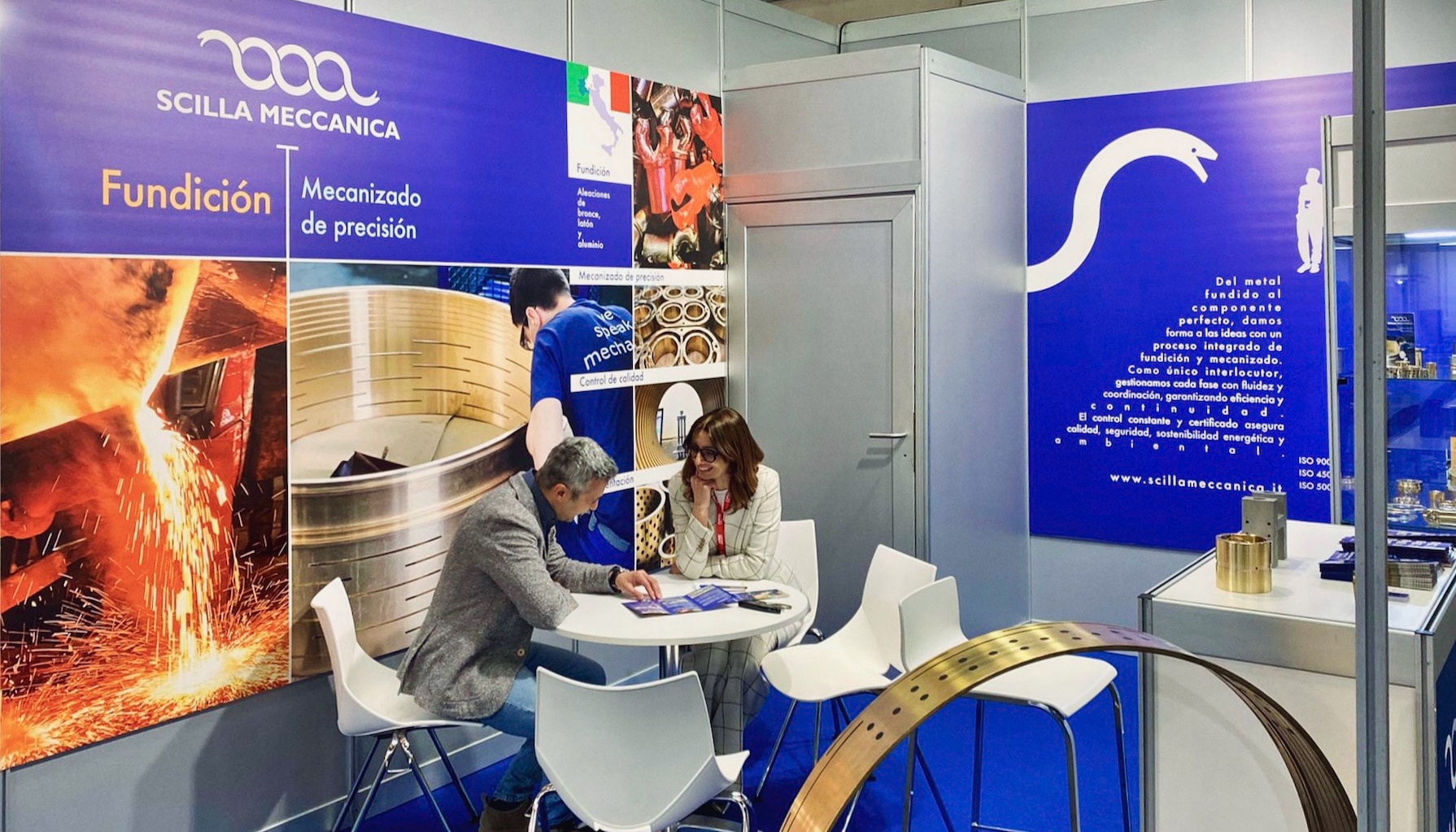
 English
English